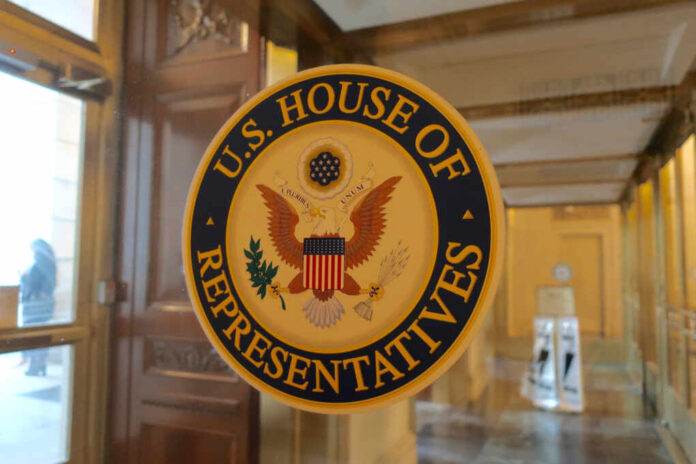
The Biden administration and House Republican leaders were sent reeling from the rejection of the domestic spying authority of the Foreign Intelligence Surveillance Act (FISA). The contentious Section 702, however, only drew the condemnation of 19 GOP representatives.
That was enough as the rebellious contingent joined 209 Democrats on Wednesday to block a vote on reauthorizing FISA.
The conservative Republicans sought safeguards such as going through the warrant process before spying on Americans is authorized. That led to a fierce argument over balancing national security with freedom from domestic surveillance.
But when the dust settled Friday, the House put its stamp of approval and renewed Section 702.
It was not without conflict and the process is hardly free and clear. The House Freedom Caucus and like-minded representatives were successful in at least temporarily blocking the bill from proceeding to the Senate.
Just after FISA passed muster, Rep. Anna Paulina Luna (R-FL) used a procedural maneuver to object to the final vote tally. Her move was countered by bill sponsor Rep. Laurel Lee (R-FL) and House Intelligence Committee Chairman Mike Turner (R-OH).
The FBI used FISA to illegally spy on Americans— this is how Obama spied on Donald Trump in 2016.
Today, 19 Republicans voted against the rule to consider FISA renewal, killing it on the House floor.
THANK GOD.
The real question is— why did only 19 Republicans vote again it?…
— Benny Johnson (@bennyjohnson) April 10, 2024
The result is that the House on Monday must hold another vote on reconsidering passage of Section 702.
That will lessen the period the Senate has before it expires on April 19.
FISA allows intelligence officials to conduct surveillance on foreigners suspected of having links to terrorism without obtaining a warrant. At issue, however, is Section 702.
This permits the FBI to collect communications of individuals even if one of the people in the correspondence or conversation is an American.
An unlikely coalition of conservatives and progressives blasted the act and sought to limit its expansive reach. They cited multiple instances of misuse by federal authorities in gathering data on U.S. citizens.
An amendment was proposed that would require a warrant to cull data from Americans. This despite security hawks charging it would greatly hamper efforts to ward off terrorist activities.
Ultimately, House Speaker Mike Johnson (R-LA) cast what may have been the deciding vote that resulted in a 212-212 tally. A spokesman for the Republican leader later told Fox News Digital that Johnson’s vote in fact came early in the process.














